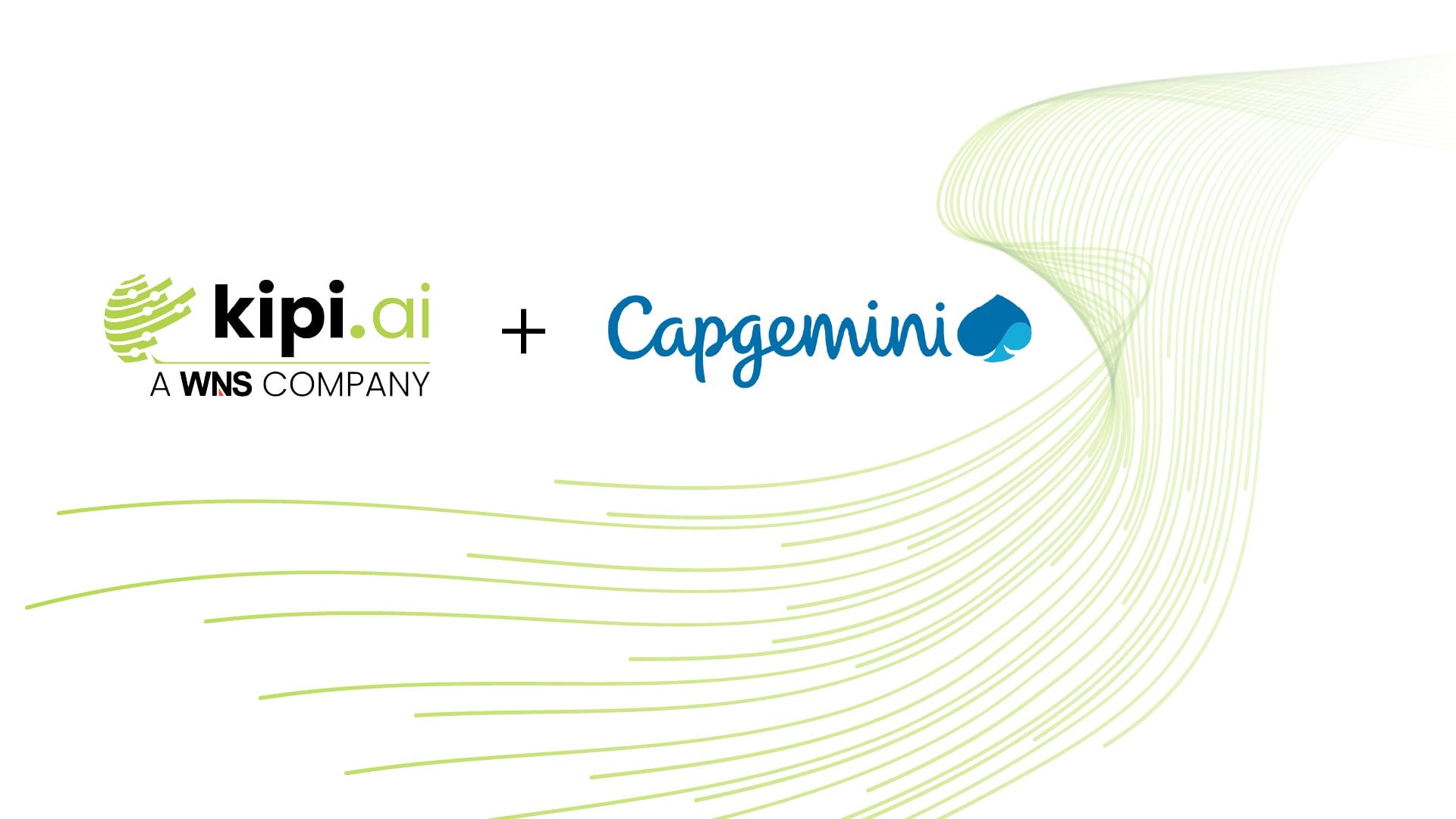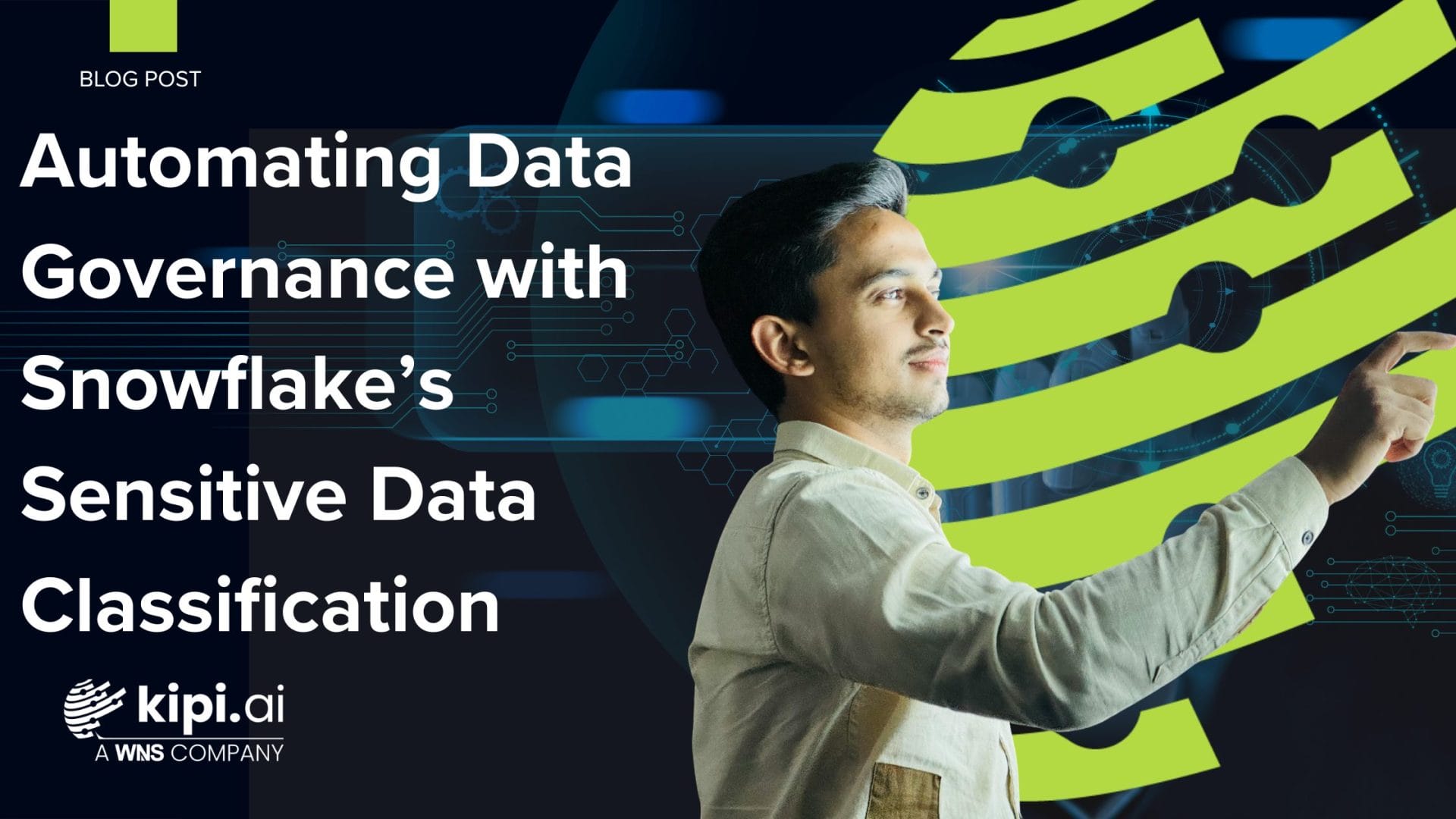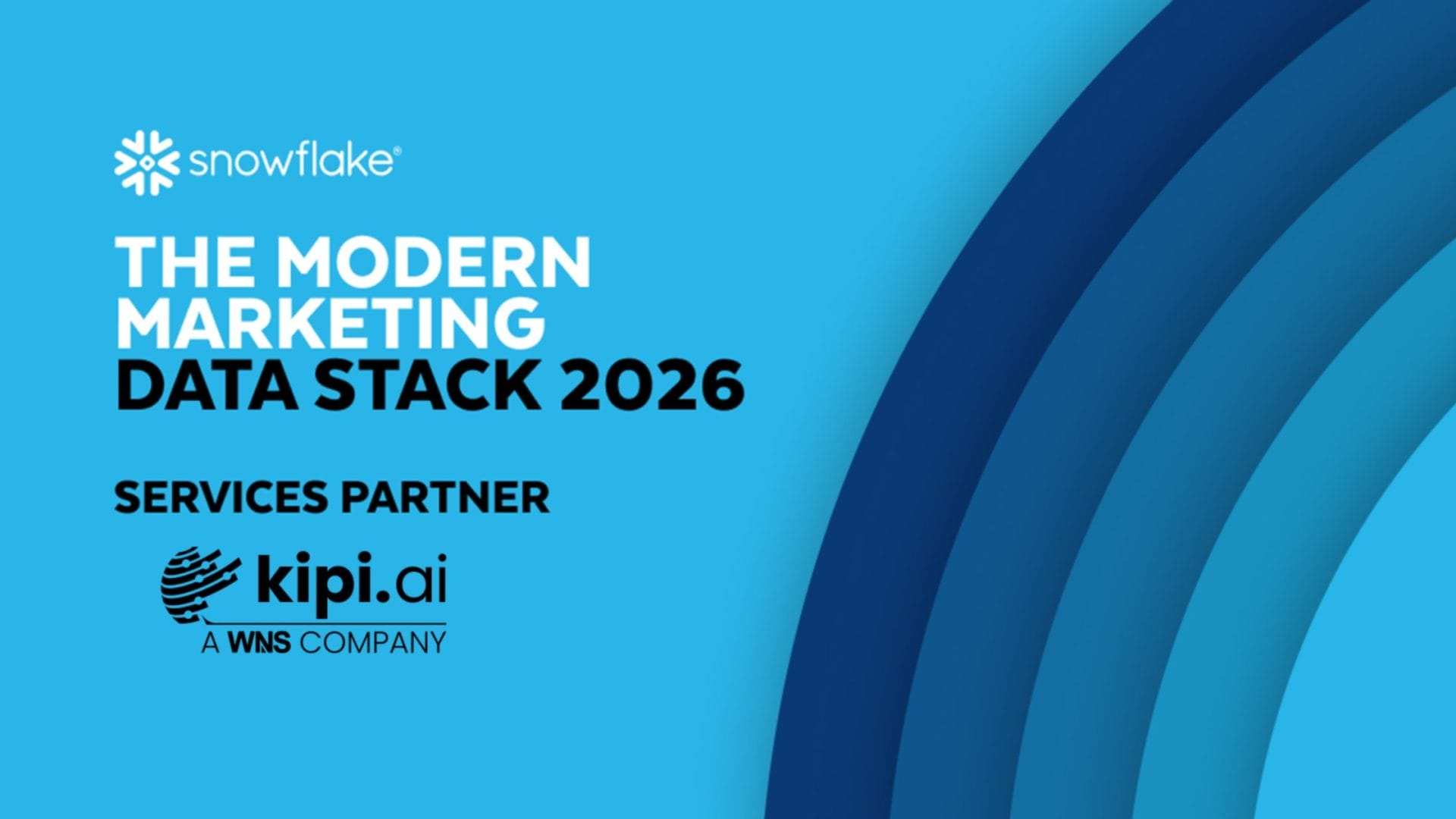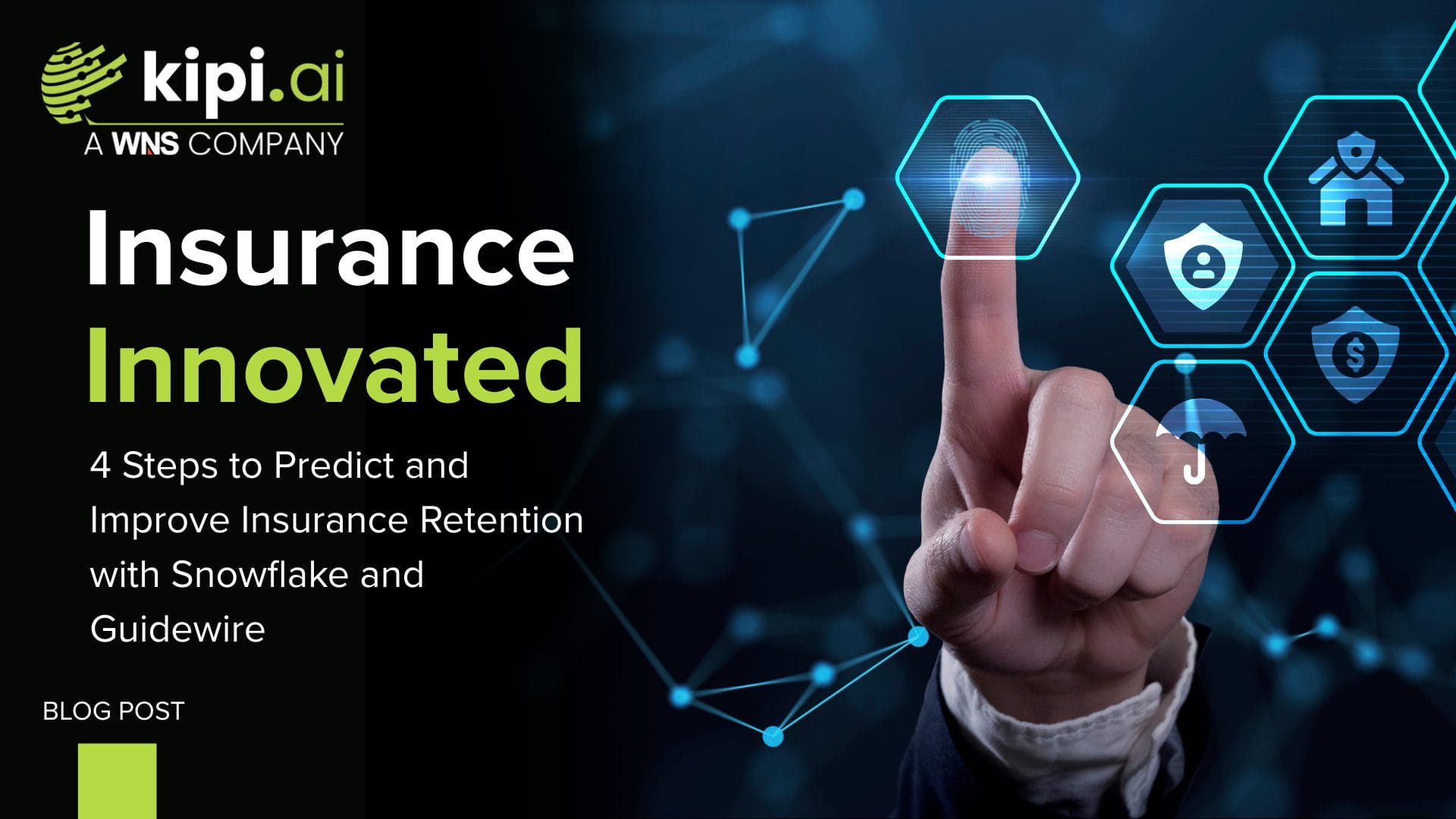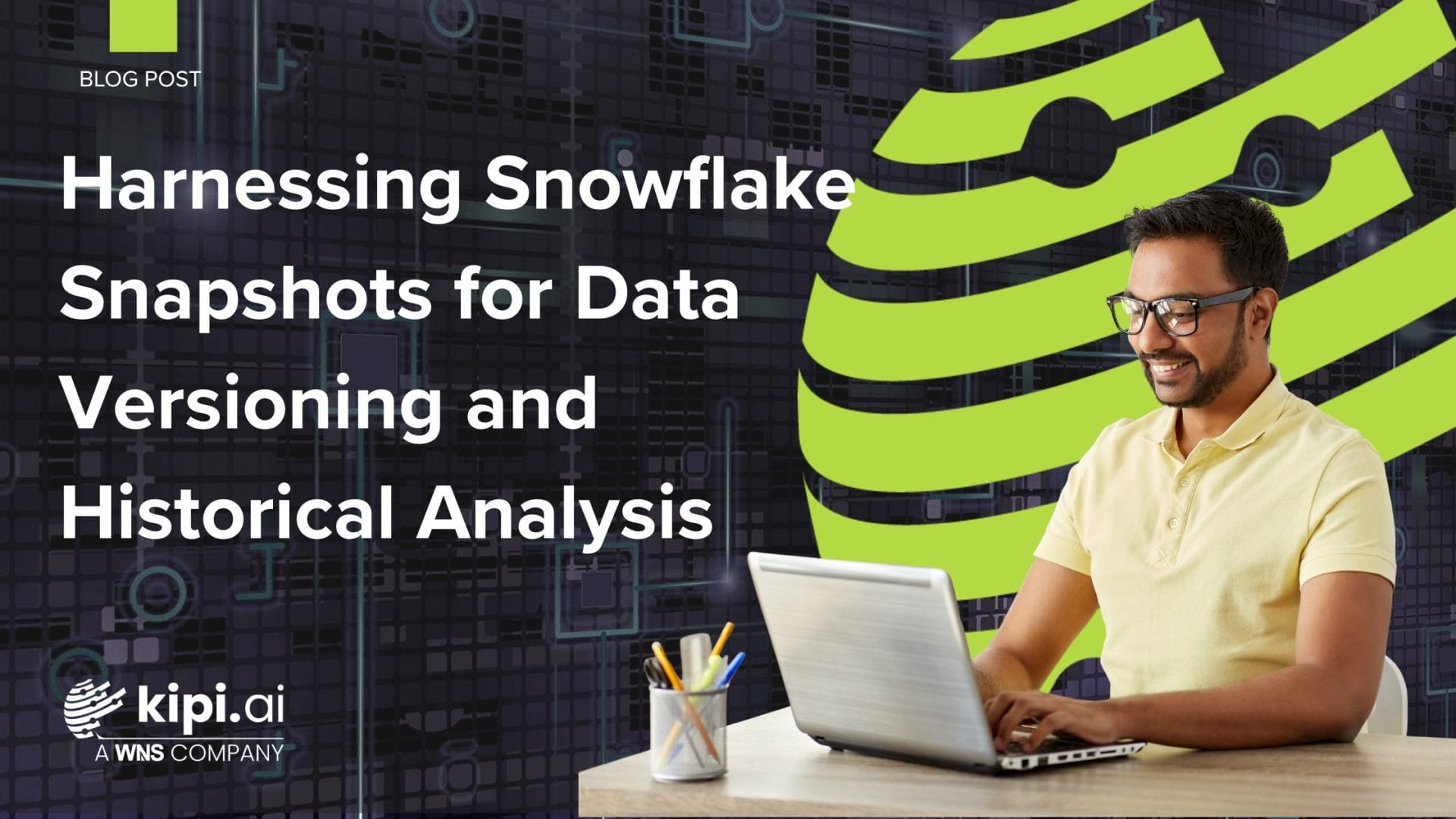By: Jason Ling
Introduction
In the world of auto insurance, time is money and customer satisfaction. One of the most critical areas where this becomes glaringly obvious is in the handling of total loss claims. When a vehicle is damaged beyond repair, every extra day it takes to determine that it’s a total loss costs insurers money in rental fees, towing, storage, and adjuster hours. Worse, it erodes customer trust and prolongs settlement timelines.
Yet, many insurers still rely on legacy rules-based systems or manual processes that delay the accurate identification of total loss vehicles, often for a week or more. This inefficiency creates bottlenecks in claims operations, increases indemnity costs, and decreases customer Net Promoter Scores (NPS). But this is changing, thanks to advanced analytics, cloud-based platforms, and machine learning.
The Challenge: Delayed Total Loss Decisions Hurt the Bottom Line
Let’s take a typical scenario. A vehicle is towed to a lot. The adjuster begins processing the claim, orders a physical inspection, waits for documentation, and only then determines the vehicle is a total loss. This process may take anywhere from 5 to 10 days. During this time, the insurer continues to pay for vehicle storage and a rental car, while the claimant becomes increasingly frustrated with the delay.
The cost implications are significant:
- Rental car fees averaging $40–$60 per day.
- Storage and tow fees accruing while the vehicle awaits assessment.
- Longer adjuster hours spent managing extended-cycle claims.
- Lower customer satisfaction, leading to retention issues and brand damage.
Insurers need a solution that can flag potential total losses early, ideally at First Notice of Loss (FNOL), using predictive intelligence.
The Solution: Machine Learning + Snowflake = Real-Time Total Loss Prediction
This is where a forward-thinking analytics solution steps in. By leveraging Snowflake’s cloud data platform and a machine learning (ML)-based model, they offer insurers a powerful way to predict total loss propensity within hours—not days.
Here’s how it works:
1. Data Integration with Snowflake
The first challenge is unifying structured and unstructured data. Snowflake makes this seamless by ingesting:
- Structured FNOL data (vehicle type, location, claimant history, etc.)
- Unstructured data like adjuster notes, body shop estimates, and photos
- Third-party data (e.g., weather, traffic, vehicle history)
All this data is stored securely in Snowflake’s scalable, high-performance environment, enabling real-time access and analysis.
2. Machine Learning Model Development
Kipi.ai can help build and train a custom ML model that predicts the likelihood of a vehicle being a total loss. Features include:
- Severity of damage described in text
- Cost estimates from prior similar claims
- Patterns in policyholder behavior
- Natural language processing (NLP) applied to notes and emails
The model is trained on historical claims data and constantly refined using feedback loops from closed claims.
3. Real-Time Propensity Scoring
Once FNOL is submitted, the model analyzes the incoming data and produces a total loss propensity score within minutes. This score is visualized in dashboards and used to trigger business rules—e.g., fast-tracking likely total losses to a dedicated adjuster team.
Business Outcomes: From Insight to Impact
Implementing this ML-powered solution delivers measurable improvements across multiple business KPIs:
Faster Claims Cycle Times
Total loss identification process drops by 40%.
Reduced Loss Adjustment Expenses (LAE)
Fewer rental days and storage fees translate into thousands of dollars saved per claim.
Improved Customer Experience
Policyholders are contacted proactively, settlements are faster, and satisfaction scores rise—often by 15–20 points in NPS.
Operational Efficiency
Adjusters spend less time investigating obvious total losses, freeing them to focus on complex claims.
Data-Driven Feedback Loop
With Snowflake’s scalable architecture, the model performance is continually monitored, retrained, and optimized for accuracy.
Case in Point: Real-World Results
One global insurer reduced total loss identification process steps by 40% at FNOL using an ML-based model built on Snowflake. By combining structured and unstructured data such as vehicle demographics, damage descriptions, and claims history, they achieved:
- 40% reduction in misclassification-driven process steps
- Significant savings in storage and salvage costs
- Faster, more accurate settlement decisions
- Improved negotiation ability for claims handlers at FNOL
This proof point shows how predictive intelligence can immediately translate into operational savings and higher customer satisfaction.
Conclusion: The Future is Predictive
The era of reactive claims management is fading. By combining Snowflake’s powerful cloud data capabilities with a tailored machine learning model, insurers can finally overcome the age-old challenge of delayed total loss identification.
Kipi comes with deep insurance expertise and modern data science skills can implement this end-to-end solution—helping insurers reduce costs, retain customers, and compete more effectively in a fast-changing marketplace.
For insurers, it’s no longer just about managing claims—it’s about predicting them. Discover how ML and Snowflake can help you identify total loss claims in hours—not days—and dramatically cut costs while boosting customer satisfaction. Contact us here.
About kipi.ai
Kipi.ai, a WNS Company, is a global leader in data modernization and democratization focused on the Snowflake platform. Headquartered in Houston, Texas, Kipi.ai enables enterprises to unlock the full value of their data through strategy, implementation and managed services across data engineering, AI-powered analytics and data science. As a Snowflake Elite Partner, Kipi.ai has one of the world’s largest pools of Snowflake-certified talent—over 600 SnowPro certifications—and a portfolio of 250+ proprietary accelerators, applications and AI-driven solutions. These tools enable secure, scalable and actionable data insights across every level of the enterprise. Serving clients across banking and financial services, insurance, healthcare and life sciences, manufacturing, retail and CPG, and hi-tech and professional services, Kipi.ai combines deep domain excellence with AI innovation and human ingenuity to co-create smarter businesses. As a part of WNS, Kipi.ai brings global scale and execution strength to accelerate Snowflake-powered transformation world-wide.
For more information, visit www.kipi.ai.
